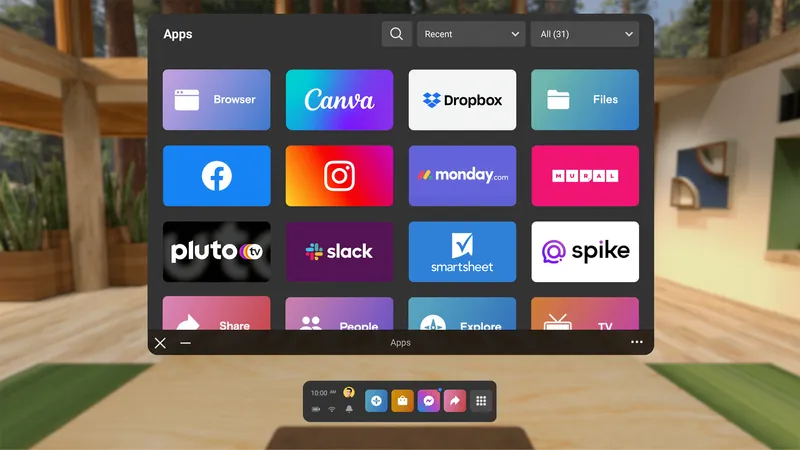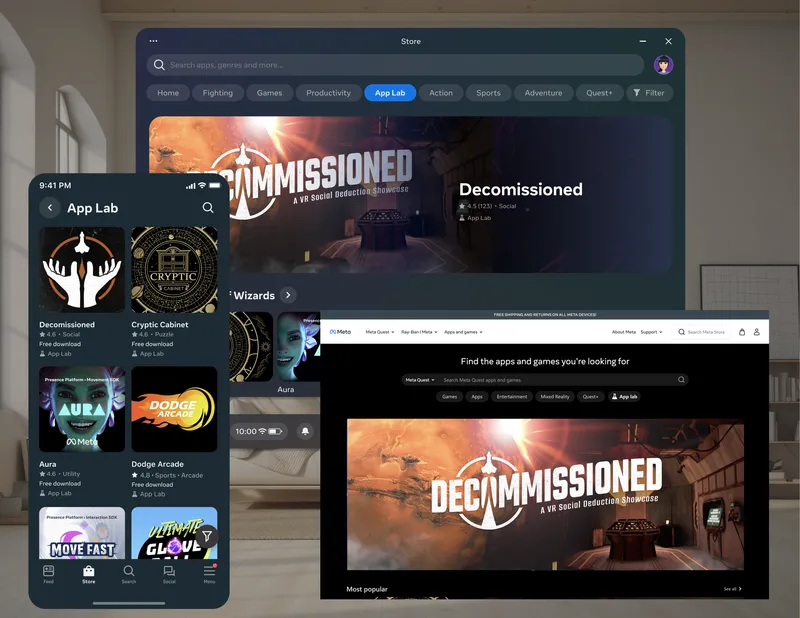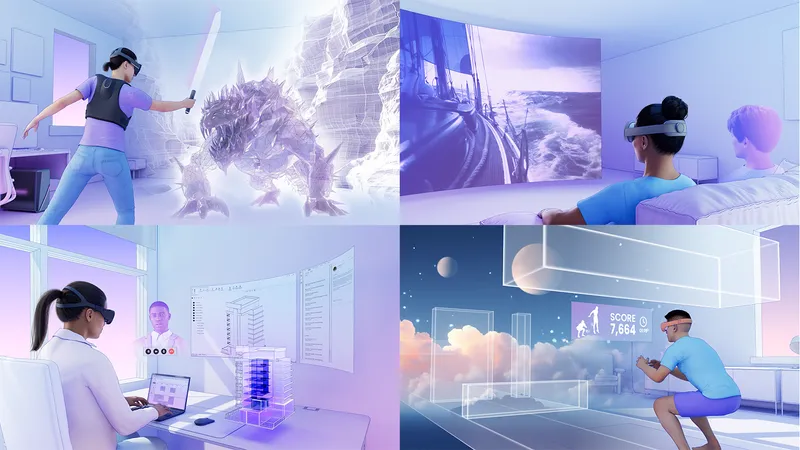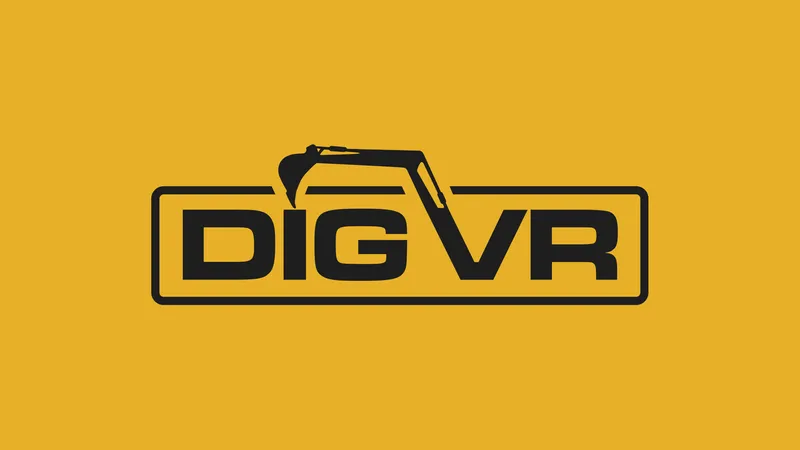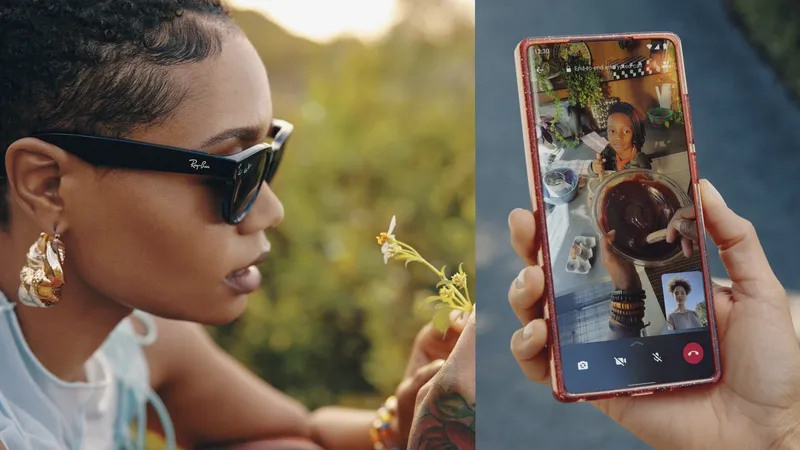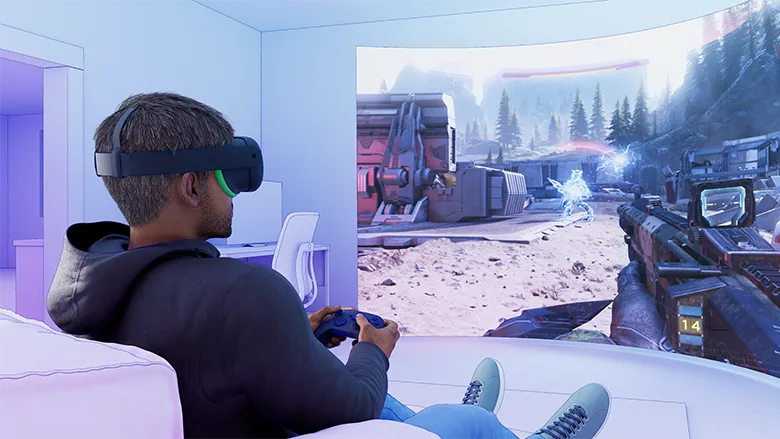Apple’s entry to VR will be “a Macintosh moment”, says the founder of Vrvana.
Vrvana was acquired by Apple in 2017. It was a startup working on Totem, one of the first headsets to use high-resolution color cameras for stereo passthrough mixed reality – a feature only now starting to arrive in consumer headsets.
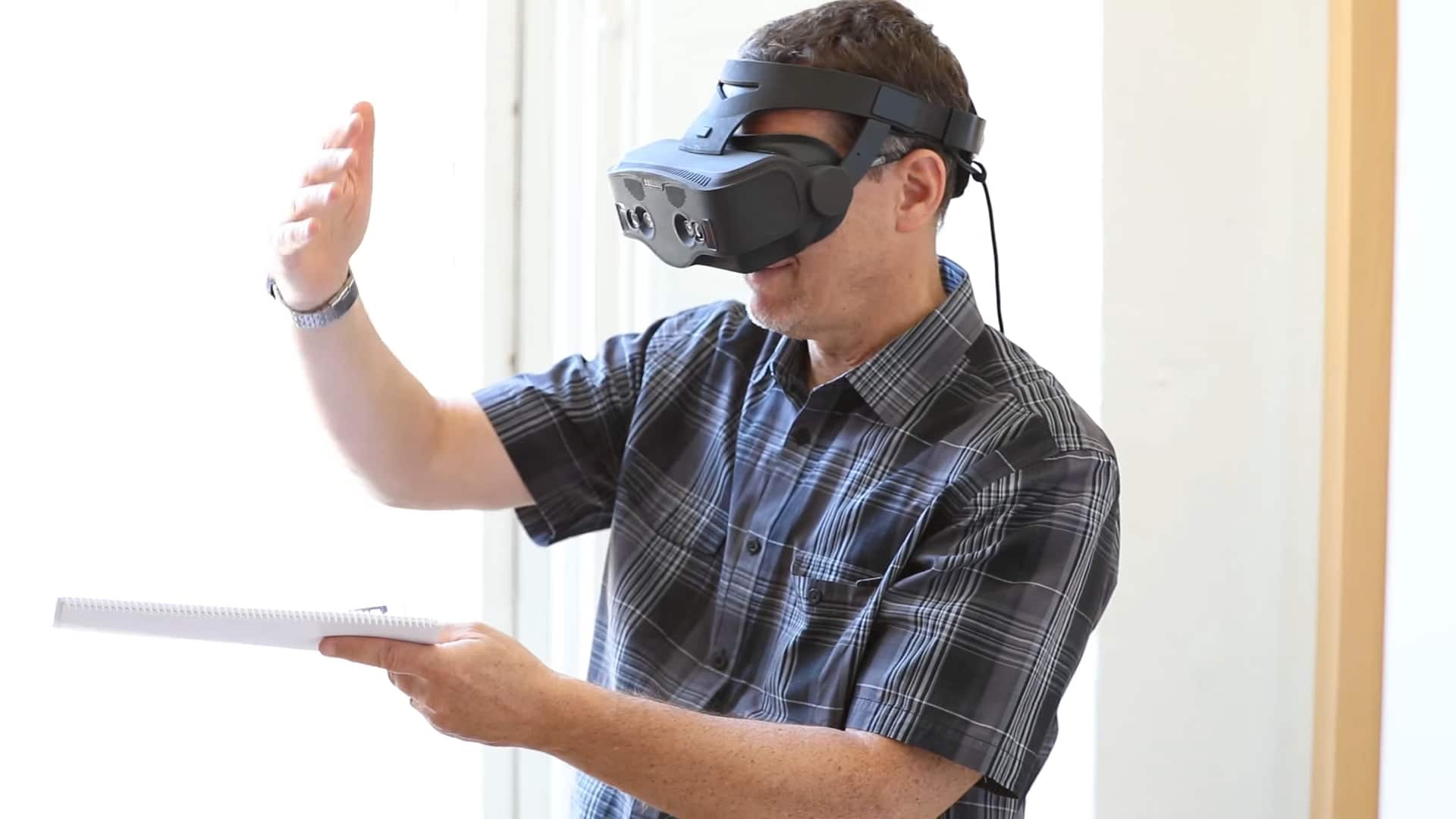
Vrvrana founder Bertrand Nepveu told Radio Canada “I always say that when Apple goes into virtual reality, it will be a Macintosh moment”. Nepveu claims that when he left Apple in 2021, around 1000 people were working on the long-delayed headset. In November, The Information reported around 3000 people were now working on it as Apple gets closer to launch.
A Macintosh Moment
So what exactly does Nepvue mean by “a Macintosh moment”?
The launch of the Apple Macintosh in 1984 was a pivotal moment in the history of personal computing.
While the Apple Lisa was technically the first PC with a graphical user interface (GUI) aimed at individuals, its high price (around $30K adjusted for inflation) rendered it essentially irrelevant and forgotten, selling just a few thousand units in its first year. The Macintosh had a very different fate. Macintosh delivered a GUI operating system at around a quarter of the price just 12 months later and was aggressively marketed to non-technical prospective buyers, including in a famous Super Bowl ad.
While not the overwhelming sales success Steve Jobs had hoped for, Macintosh was hailed as a revolutionary user experience and popularized the idea of personal computers as a product the average person could use. While PCs wouldn’t reach true mainstream adoption until Windows 95 and the iMac over a decade later, the Macintosh proved out the idea that they actualized.
Meta’s Quest headsets start at just $400 but are primarily driven by controllers that are essentially a gamepad split in half and are hampered by a clunky and fragmented software experience. If Nepveu’s analogy holds true, Apple’s headset could introduce a refined interaction paradigm that, while too expensive and limited for most consumers in its first iteration, sets the stage for the software experience of mass-market headsets in the coming years and decades.



